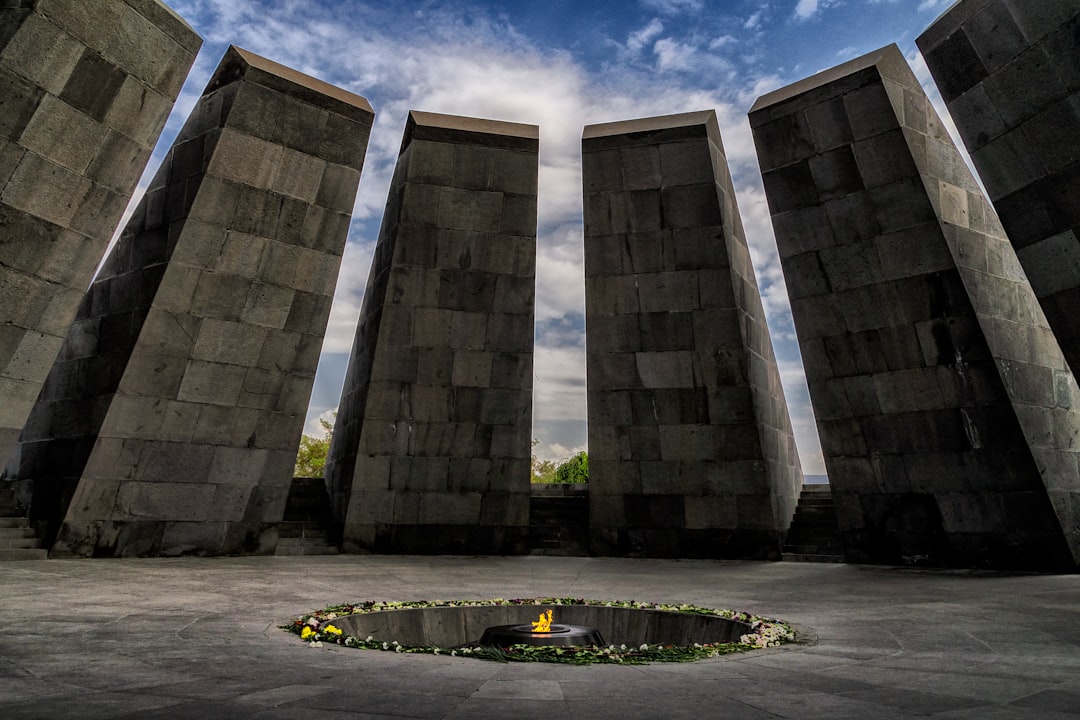What is it about?
In every country, different systems of non-official law exist, for example, religious law and indigenous customary law, which regulate the lives of certain groups of citizens. These systems are, however, often disregarded in terms of the official legal systems of countries. With the emphasis on African customary law, the article explains why it is important to acknowledge non-official or 'subnational' systems, and it suggests ways in which legislation can achieve such acknowledgement.
Featured Image
Why is it important?
African customary law is respected by, and directly affects persons whose lives are regulated by it. But, because many view it as an obstacle to human rights, states frequently attempt to curtail or abolish various customary laws. It is argued that customary law contains many elements which, in fact, strengthen human rights, and that these must be given the respect they deserve. In this way, laws will be more effective and the human rights regime will be enriched.
Read the Original
This page is a summary of: Exploring the ‘Ecology’ of Laws at the Interface Between International Rights Law and Subnational Customary Law, African Journal of International and Comparative Law, February 2016, Edinburgh University Press,
DOI: 10.3366/ajicl.2016.0143.
You can read the full text:
Contributors
The following have contributed to this page










